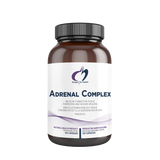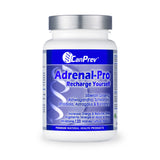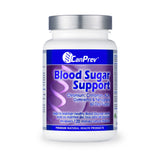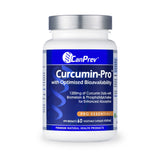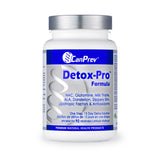
Pascoe Neurapas Balance
Helps to promote a healthy, balanced mood.
INGREDIENTS
| 1 film-coated tablet contains: | |
|---|---|
| Dry extract (4.6-6.5:1) of St. John`s wort | 60mg |
| Dry extract (3.8-5.6:1) of valerian root | 28mg |
| Dry extract (6.25-7.1:1) of passionflower herb | 32mg |
DIRECTIONS
Adults, children (>12 years): 2 tablets 2-3 times daily. Children (6-12 years): 1 tablet 1-3 times daily.Tablets should be swallowed whole with a little water.
Contraindications/Cautions
NEURAPAS® balance contains very small doses of St. John’s wort, below the dosage normally seen for drug interactions or side effects. However, please read carefully through these contraindications.
Do not use:
- If you are allergic (hypersensitive) to St John’s wort, Passionflower, Valerian or any of the non-medicinal ingredients.
- If you are pregnant or breastfeeding.
- If you are taking any of the medicines mentioned under interactions, prior to consulting your doctor.
- If your skin is hypersensitive to light or if you are undergoing phototherapy or any photodiagnostic procedures.
- In children under 6 years of age.
- If you are taking contraceptive medicines.
Cautions:
- Do not exceed the recommended dose.
- Patients with signs and symptoms of depression should seek medical advice for appropriate treatment.
- If you are a light-skinned or photosensitive person, please pay attention to the side effects. Persons using this product should avoid excessive sunbathing or the use of sunbeds or solariums.
- This product should be discontinued at least 10 days prior to elective surgery due to the potential for interactions with medicines used during general and regional anaesthesia.
- You must contact a health care practitioner if your symptoms worsen or do not improve after 14 days.
- Consumption with alcohol, other drugs or natural health products with sedative properties is not recommended.
- Consult a health care practitioner if sleeplessness persists continuously for more than 3 weeks (chronic insomnia).
- Consult a health care practitioner if symptoms persist or worsen or if you experience sleep disturbances.
- Exercise caution if operating heavy machinery or driving a motor vehicle or participating in activities requiring mental alertness within 2 hours of consumption.
- Consult a health care practitioner prior to use if you are taking any anti-anxiety medication, seizure medication, antihistamines, bronchodilators, muscle relaxants or opiates.
Drug interactions
Medicines containing St. John’s wort have been observed to interact with the following medicines, reducing their effects:
- oral anticoagulants (blood thinning medicines) of the coumarin type (warfarin and phenprocoumon)
- drugs that suppress transplant rejection reactions: such as cyclosporin, tacrolimus for internal use, sirolimus.
- digoxin (drug for heart failure)
- drugs for the treatment of HIV infections and AIDS
- protease inhibitors such as indinavir
- non-nucleoside reverse transcriptase inhibitors such as nevirapine
- cytotoxic drugs such as imitanib, irinotecan, except for monoclonal antibodies
- verapamil (drug for the treatment of heart rhythm disorders, coronary heart disease, high blood pressure, cluster headaches, heart muscle disease)
- cholesterol lowering drugs such as simvastatin
- various drugs for depression, such as amitriptyline, nortriptyline, midazolam
- ivabradin
- theophyllin
- hormonal birth control pills
Patients taking NEURAPAS® balance together with a medicine that contains any of the above mentioned drugs should ask their doctor for advice.
Patients taking this medicine together with certain antidepressants (such as paroxetine, sertraline, trazodone), which inhibit serotonin re-uptake, may experience more pronounced serotonergic effects (such as nausea, vomiting, anxiety, restlessness, confusion).
Patients taking this medicine together with other medicines that increase the skin’s sensitivity to light may experience increased injury from light exposure (see ‘Possible side effects’).
Side effects
Use of St. John’s wort herb extract may, especially in fair-skinned individuals, lead to increased sensitivity to sunlight (photosensitization) and therefore produce sunburn-like reactions of skin areas exposed to intense sunlight. There have been rare reports of gastrointestinal symptoms, allergic reactions, fatigue or restlessness. Some people may experience headaches. If you experience any side effects, please make sure to inform your health care practitioner.
We Also Recommend

